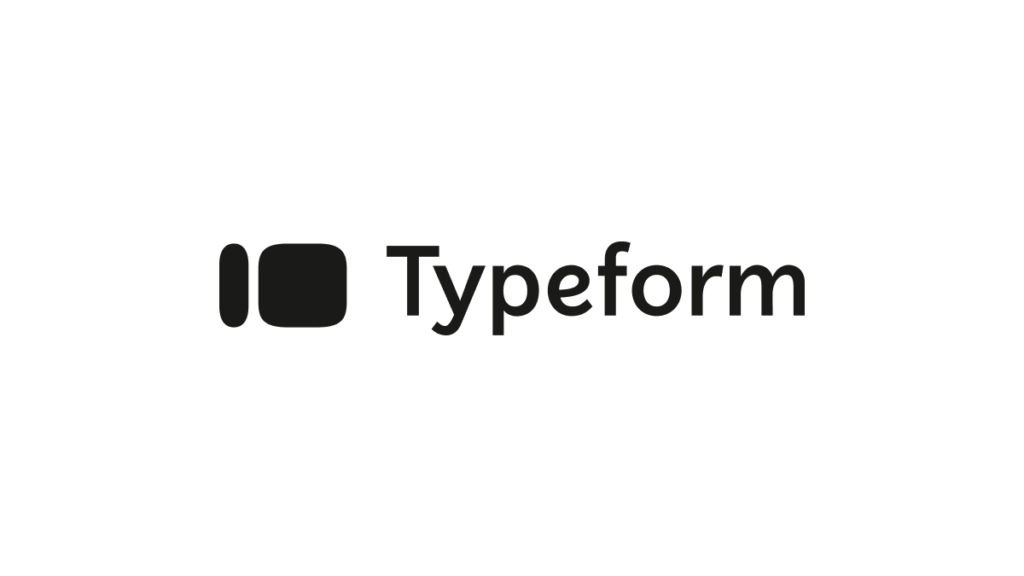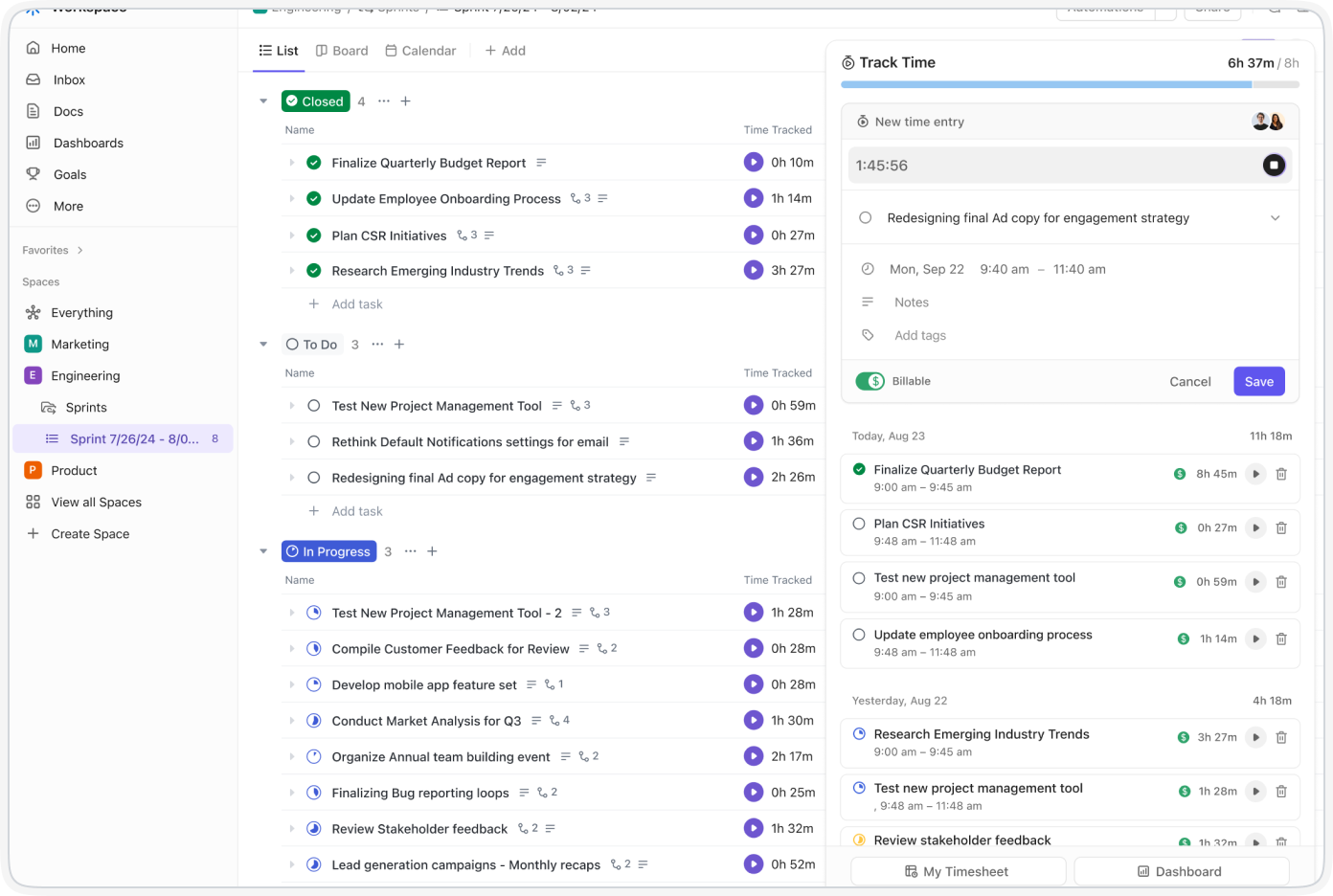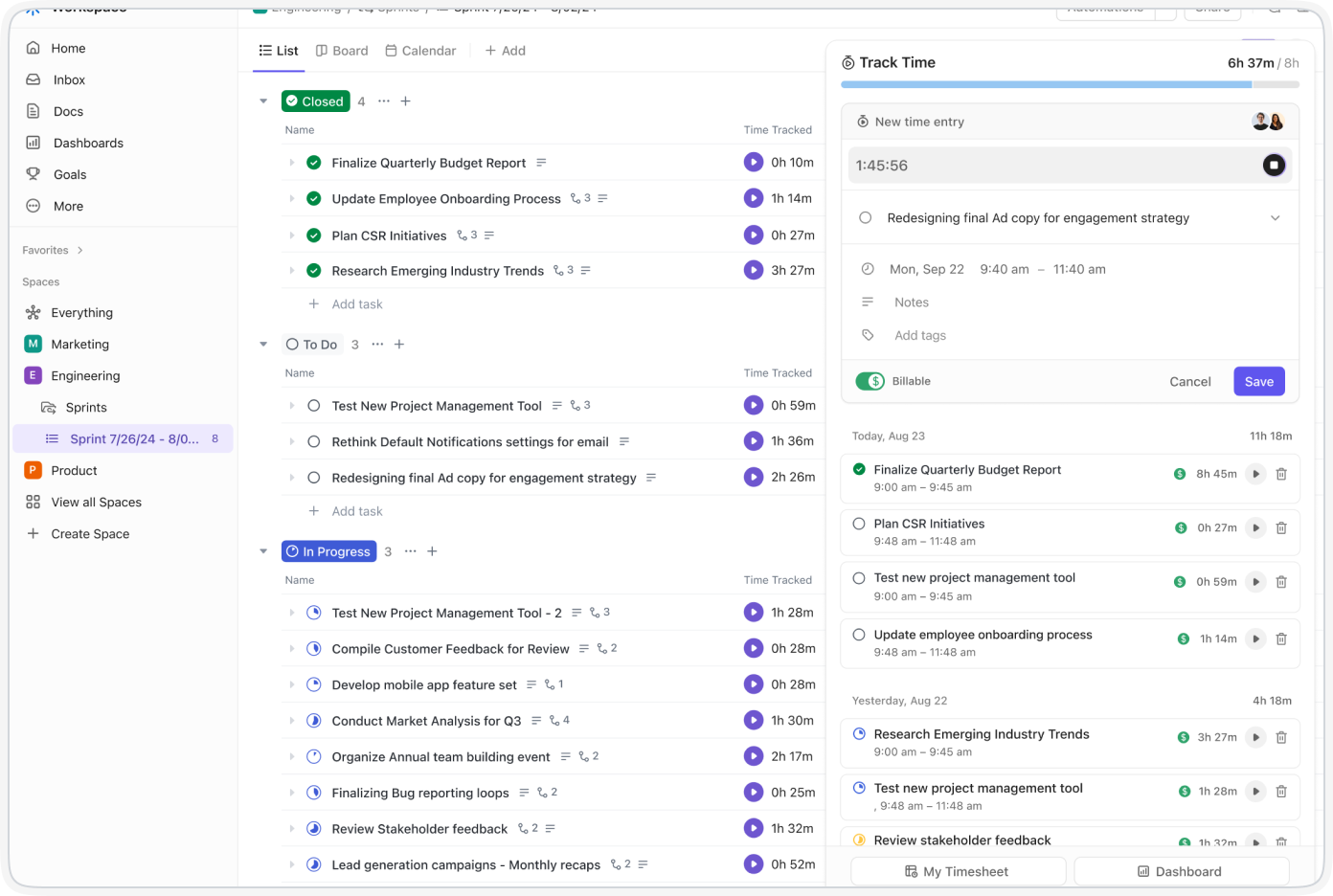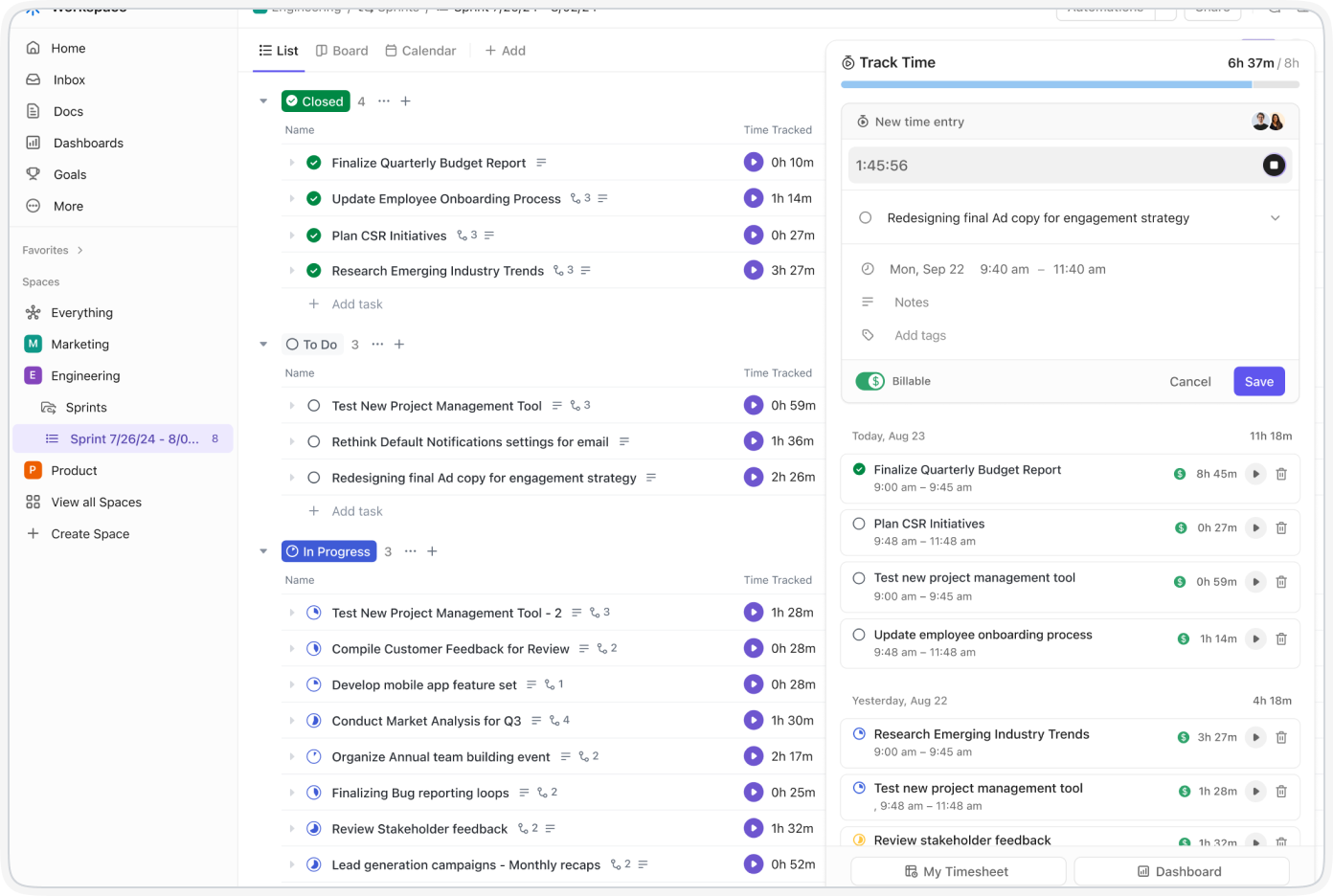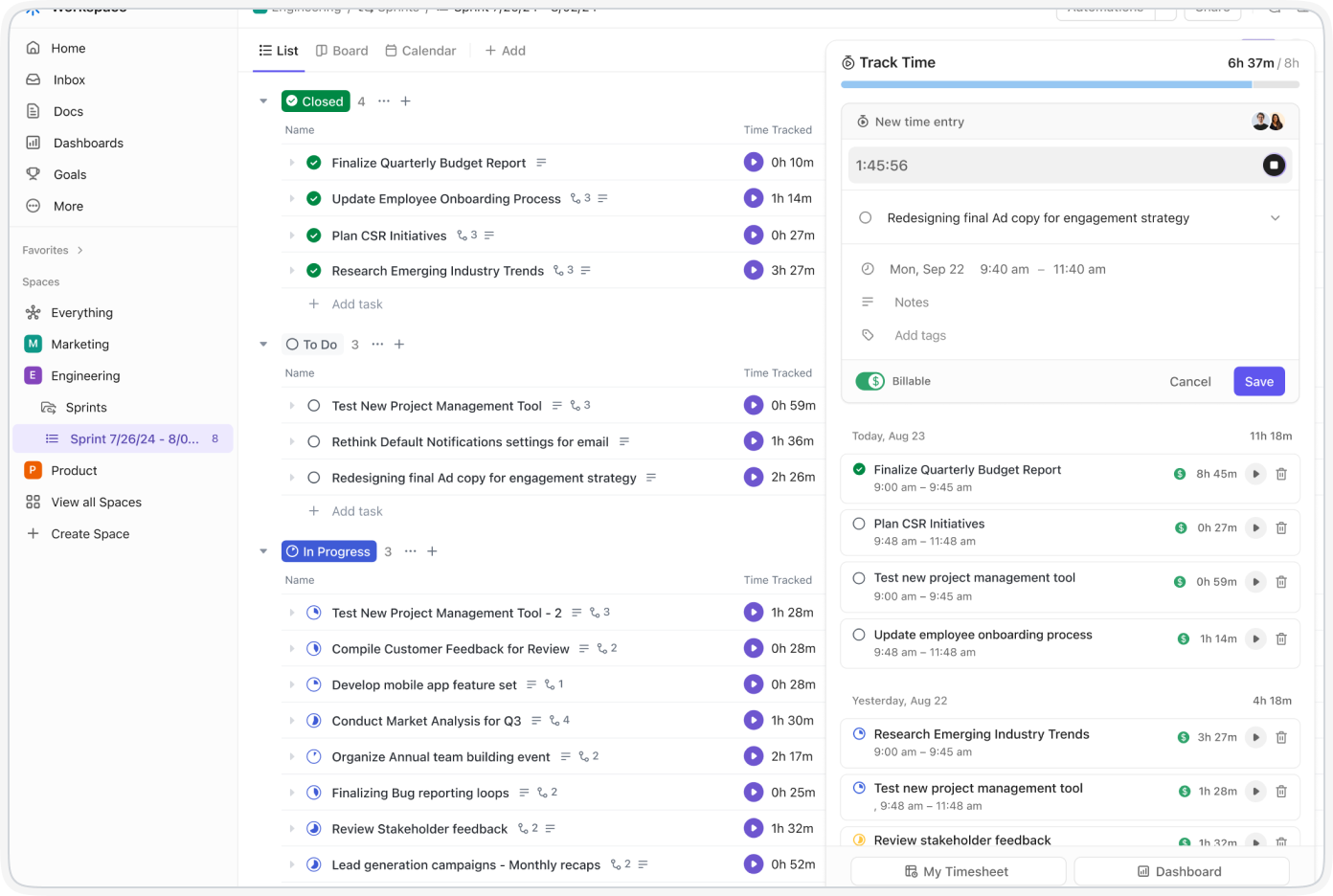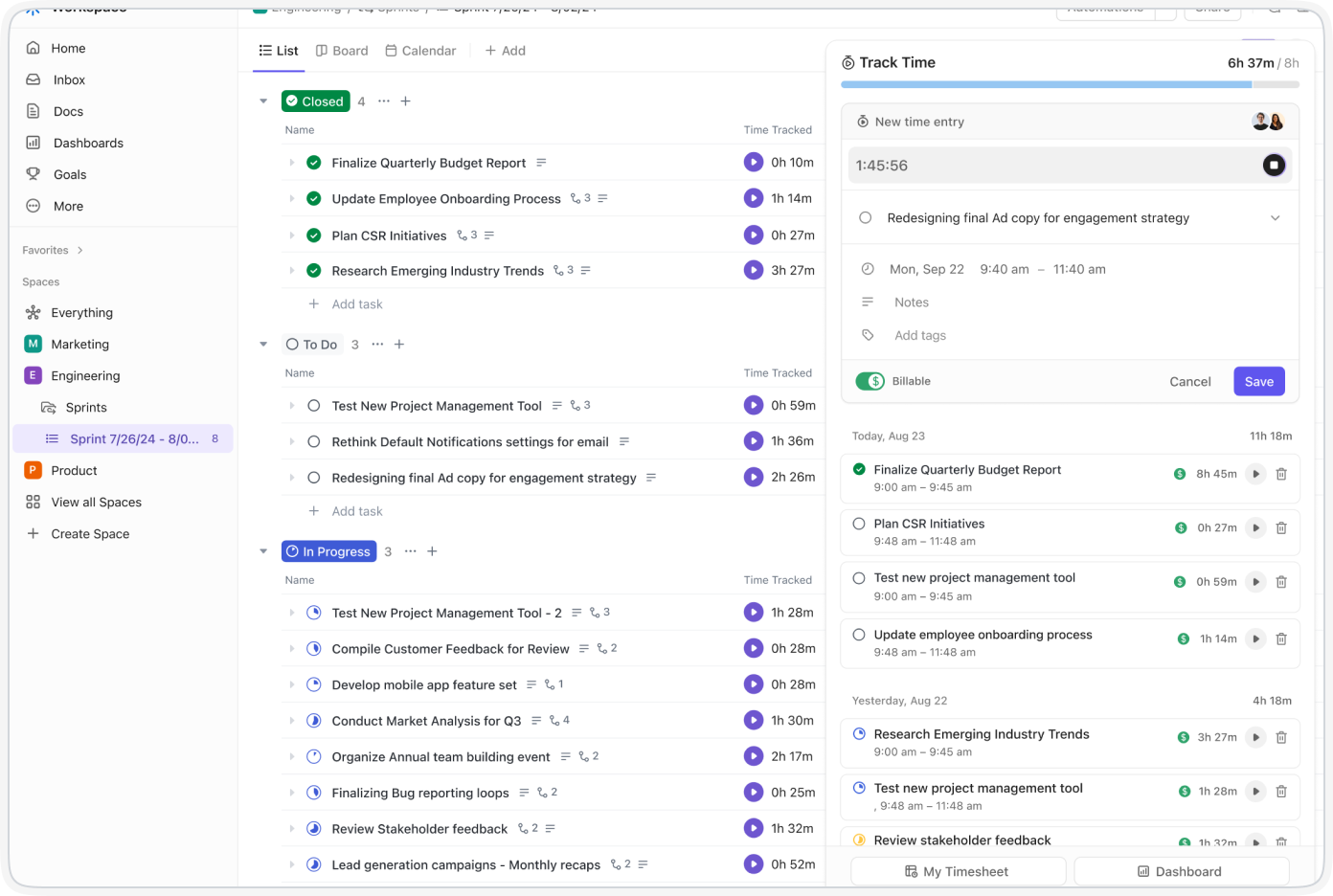Typeform
Forms that feel like conversations
Typeform overview
Typeform is an interactive form and survey builder designed to enhance user engagement. With its conversational interface and sleek design, Typeform helps you create surveys, quizzes, and forms that feel personal and fun. Features like customizable templates, conditional logic, and robust analytics make it easy to collect data and insights. Ideal for marketers, educators, and businesses, Typeform transforms boring forms into delightful experiences that increase response rates.
What are the features of Typeform ?
Conversational form design
Customizable templates
Conditional logic paths
Multi-device compatibility
Data analysis and insights
Integrations with popular tools
Pros and Cons
Pros
Reduce delivery time with custom templates
Track effort to impact with OKR planning
Manage complex projects at scale
Flexible workflows for every team
Tasks, docs, spreadsheets, and more
Cons
Reduce delivery time with custom templates
Track effort to impact with OKR planning
Manage complex projects at scale
Flexible workflows for every team
Tasks, docs, spreadsheets, and more
Customers reviews
GetResponse allows me to easily create, send, manage and monitor email responses. The ability to automate the process of creating effective and customized email marketing campaigns for each client is one of the key benefits we emphasize. We save a lot of time creating newsletters because the Email Maker is incredibly easy to use and comes with a variety of themes. Automation is made easy with its high quality templates and responsive, all-in-one features. Its ease of use and customizable features make it ideal for any marketing endeavor.
Reputation has a lot of promise, but it’s lacking a layer of polish and integration that allows for it be extremely efficient for power users. It’s clunky to handle if you use it for a lot of tasks/projects.
Reputation has a lot of promise, but it’s lacking a layer of polish and integration
Reputation has a lot of promise, but it’s lacking a layer of polish and integration that allows for it be extremely efficient for power users. It’s clunky to handle if you use it for a lot of tasks/projects.
Reputation has a lot of promise, but it’s lacking a layer of polish and integration that allows for it be extremely efficient for power users. It’s clunky to handle if you use it for a lot of tasks/projects.
Reputation has a lot of promise, but it’s lacking a layer of polish and integration that allows for it be extremely efficient for power users. It’s clunky to handle if you use it for a lot of tasks/projects.
Reputation has a lot of promise, but it’s lacking a layer of polish and integration that allows for it be extremely efficient for power users. It’s clunky to handle if you use it for a lot of tasks/projects.
Reputation has a lot of promise, but it’s lacking a layer of polish and integration that allows for it be extremely efficient for power users. It’s clunky to handle if you use it for a lot of tasks/projects.
Reputation has a lot of promise, but it’s lacking a layer of polish and integration that allows for it be extremely efficient for power users. It’s clunky to handle if you use it for a lot of tasks/projects.

